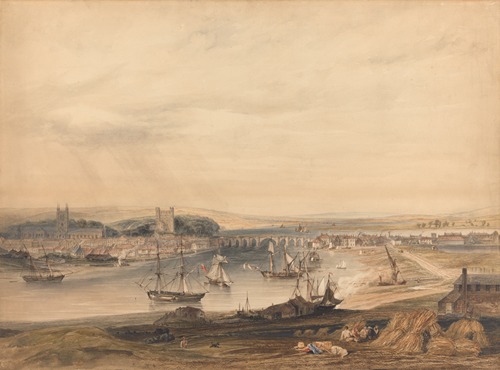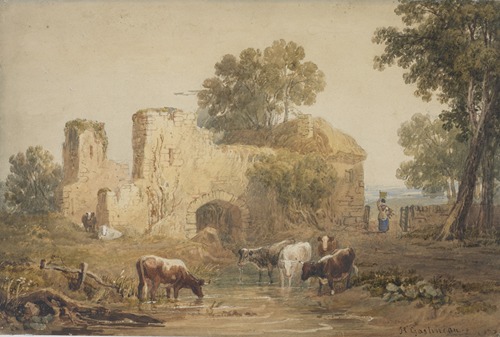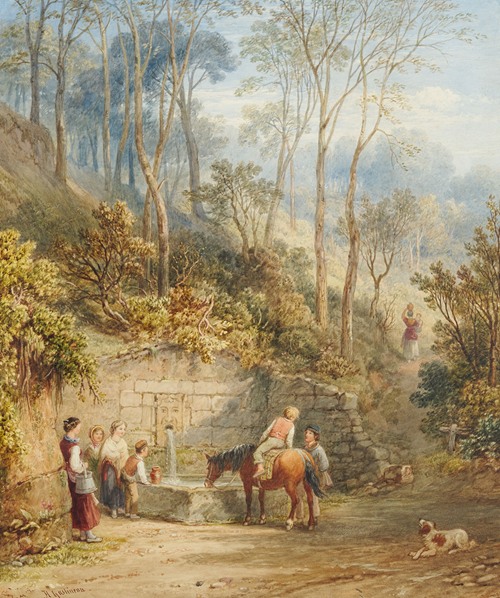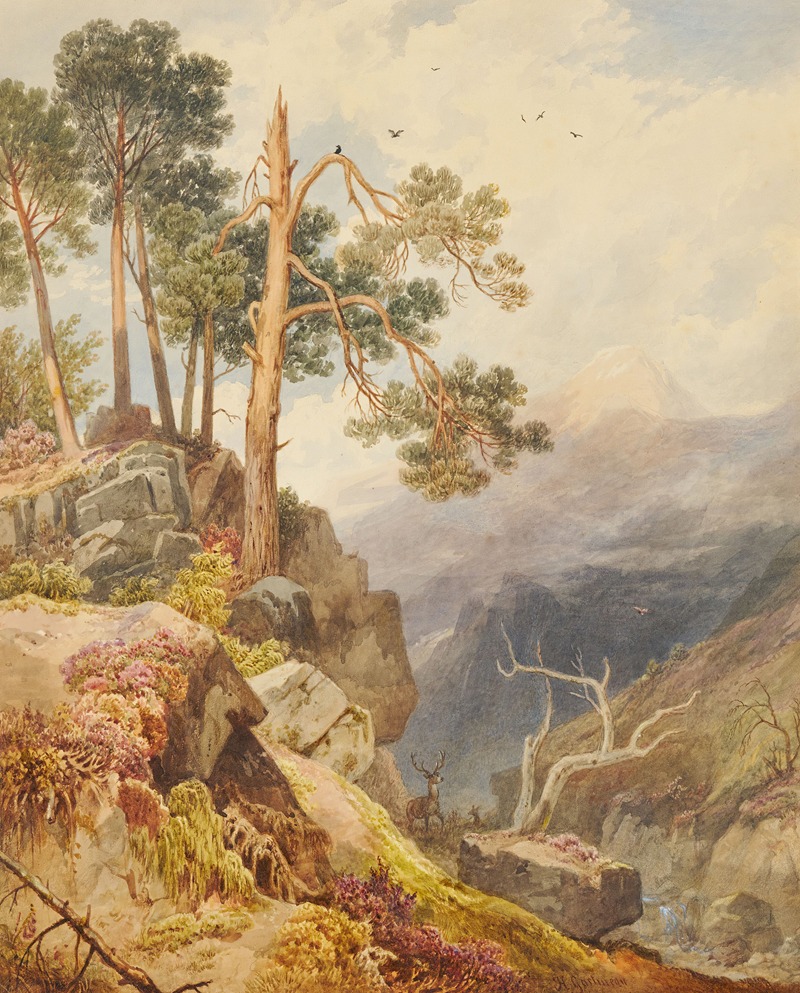
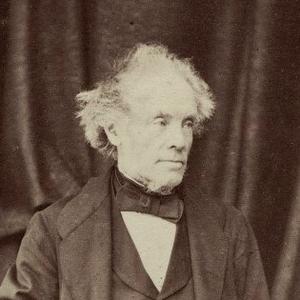
Henry Gastineau was an English engraver and prolific painter in water-colours. He was born in London to a family of Huguenot descent.
He was a student at the Royal Academy, and began as an engraver, but switched to painting in oils. He eventually settled down exclusively to working in water-colour. He first exhibited at the Royal Academy in 1812. A favourite subject was coastal scenery.
Gastineau joined the Society of Painters in Water-colours in 1818, when he exhibited for the first time. In 1821 he was elected an associate, and in 1823 a full member. He exhibited for 58 years without a break, showing eleven pictures when eighty-five years of age.
A contemporary of David Cox, Copley Fielding, George Cattermole, and Samuel Prout, he kept to the old manner of water-colour painting. Gastineau also devoted a great deal of his time to teaching, both privately and at various schools. Early in life he built for himself a house, Norfolk Lodge, in Cold Harbour Lane, Camberwell, and lived there until his death on 17 January 1876 in his eighty-sixth year. He was then the oldest living member of the Old Society of Painters in Water-colours. He left a family, one of whom, Maria Gastineau, was born in 1827 and she was also a water-colour painter.
Like Cox, Cattermole and Prout, he was buried at West Norwood Cemetery.
Gastineau's unsold works were auctioned at Christie's on 19 May 1876.

